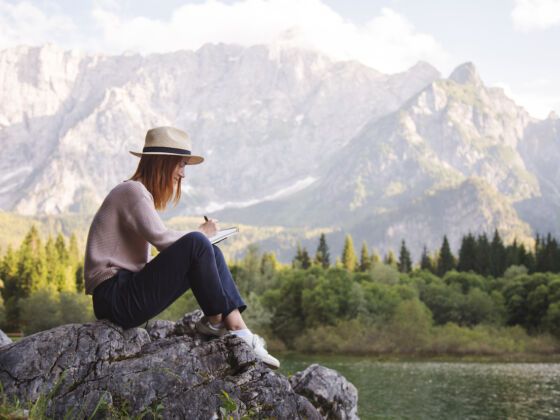I’ve been overseas for three and a half years now — two and a half working, one as a gap year to explore freelance writing and coaching — and people always want to know “how I do it.”
And almost everyone back home says something like, “I wish I could do that, too!”
Well, you can, you just have to be ready to put up with all the crap I put up with to make it a reality.
People shoot me emails all the time about where I live, how I decide where to go, how I fund my travels, what job I had to let me travel, and how I plan my wardrobe. This post is an attempt to concisely answer as many of these questions as I can.
In a nutshell, my life is a bit of a logistical nightmare. But I wouldn’t have it any other way right now.
